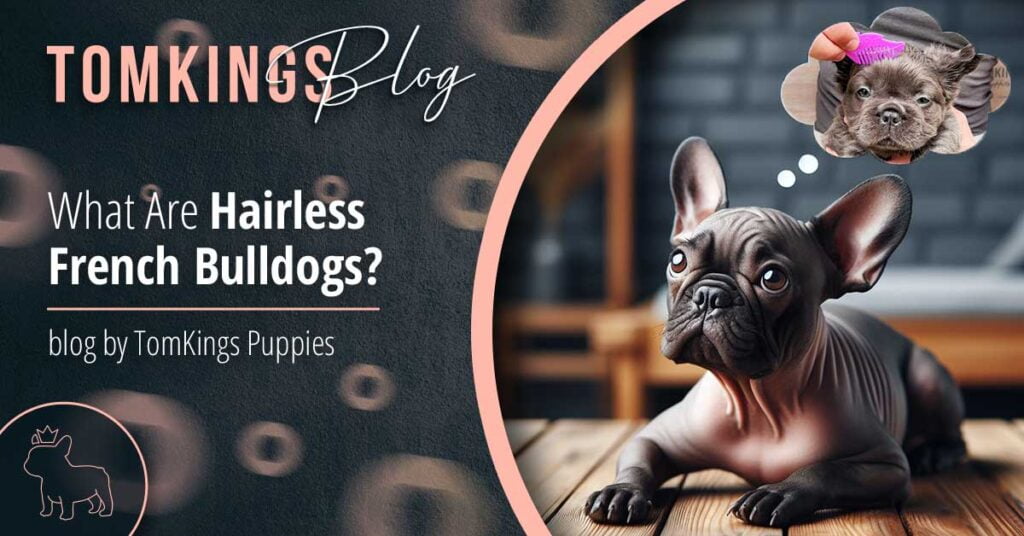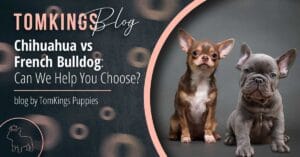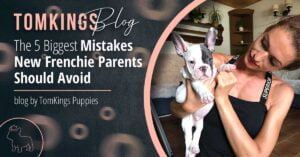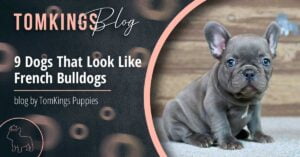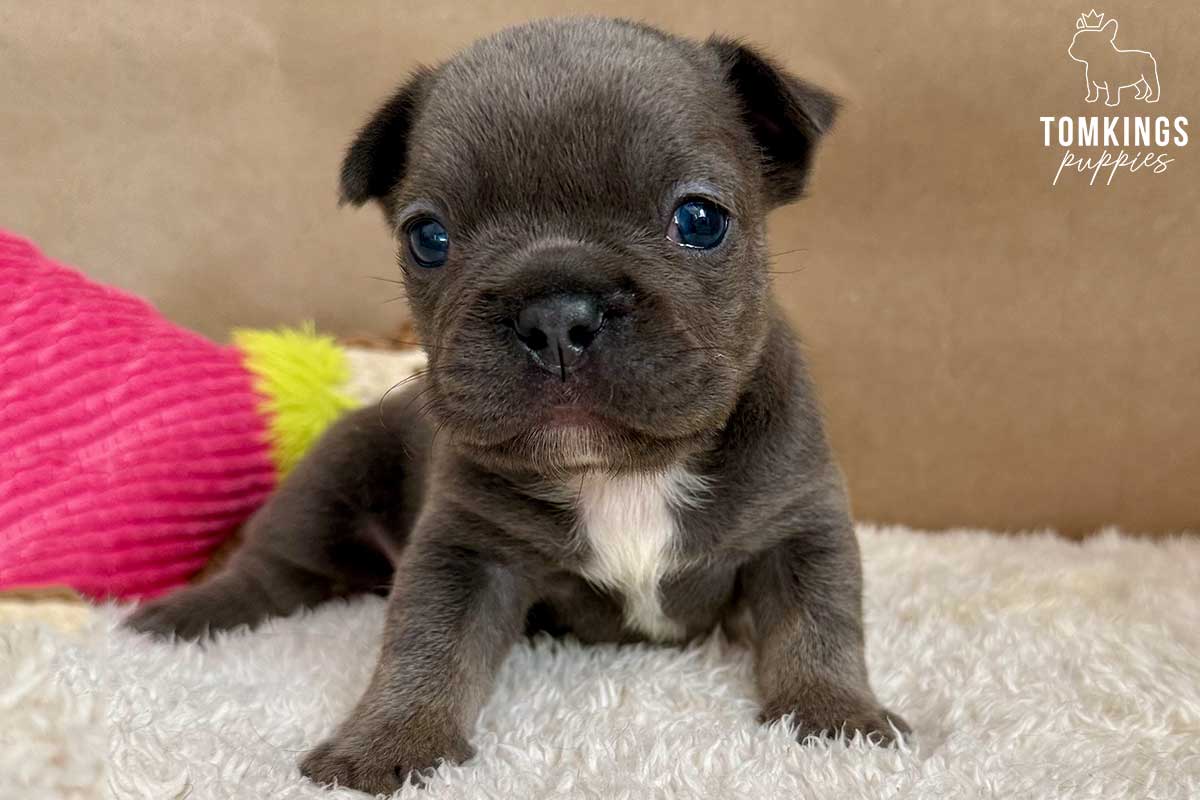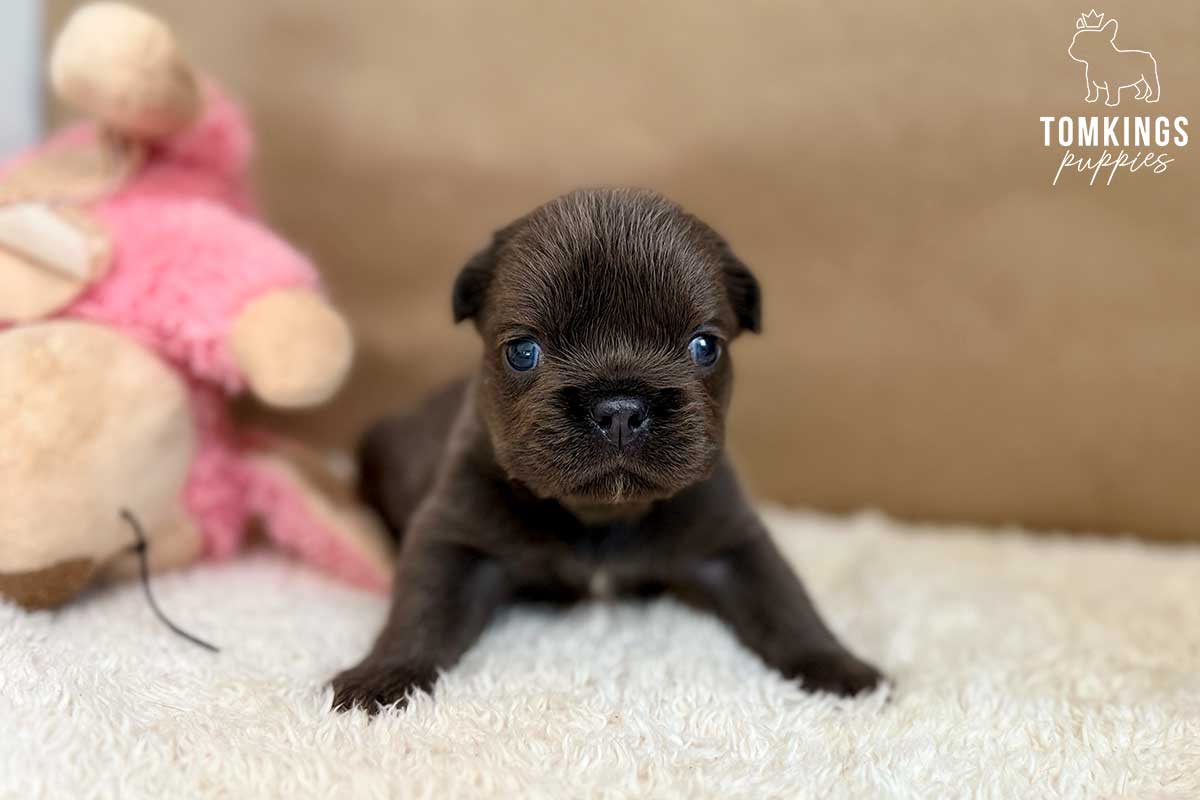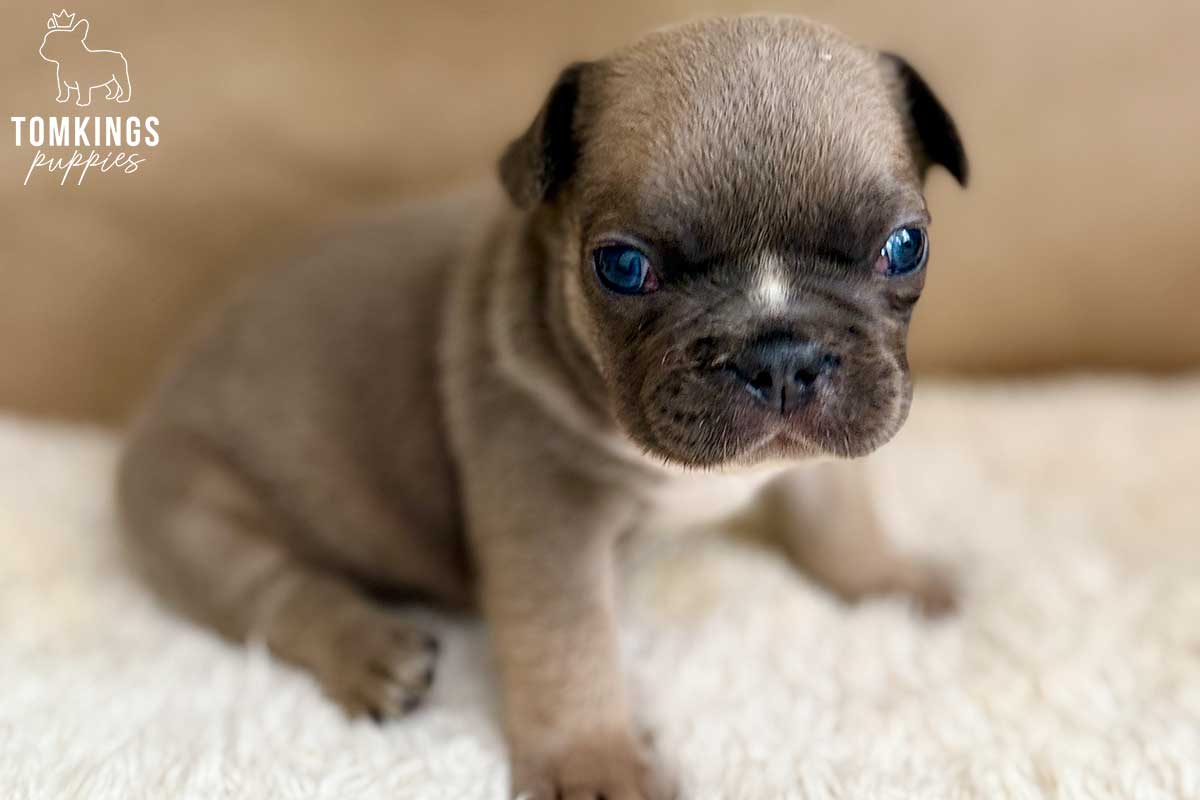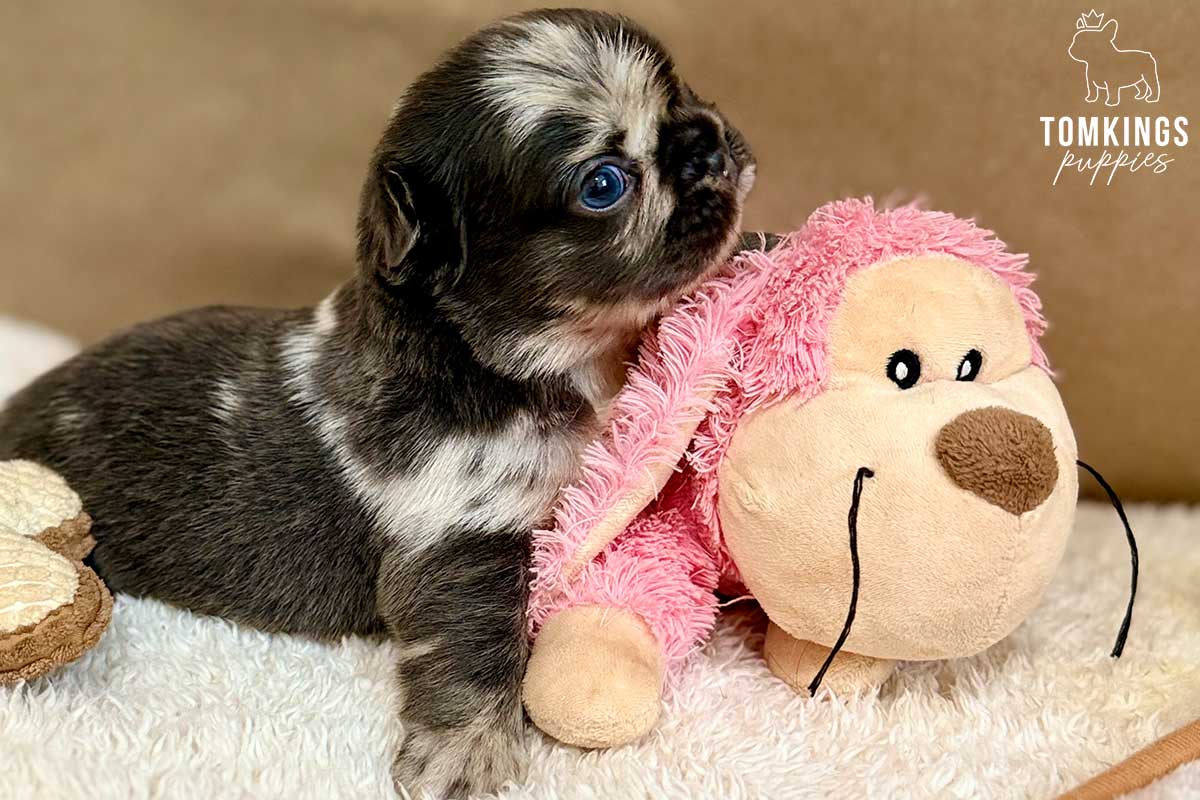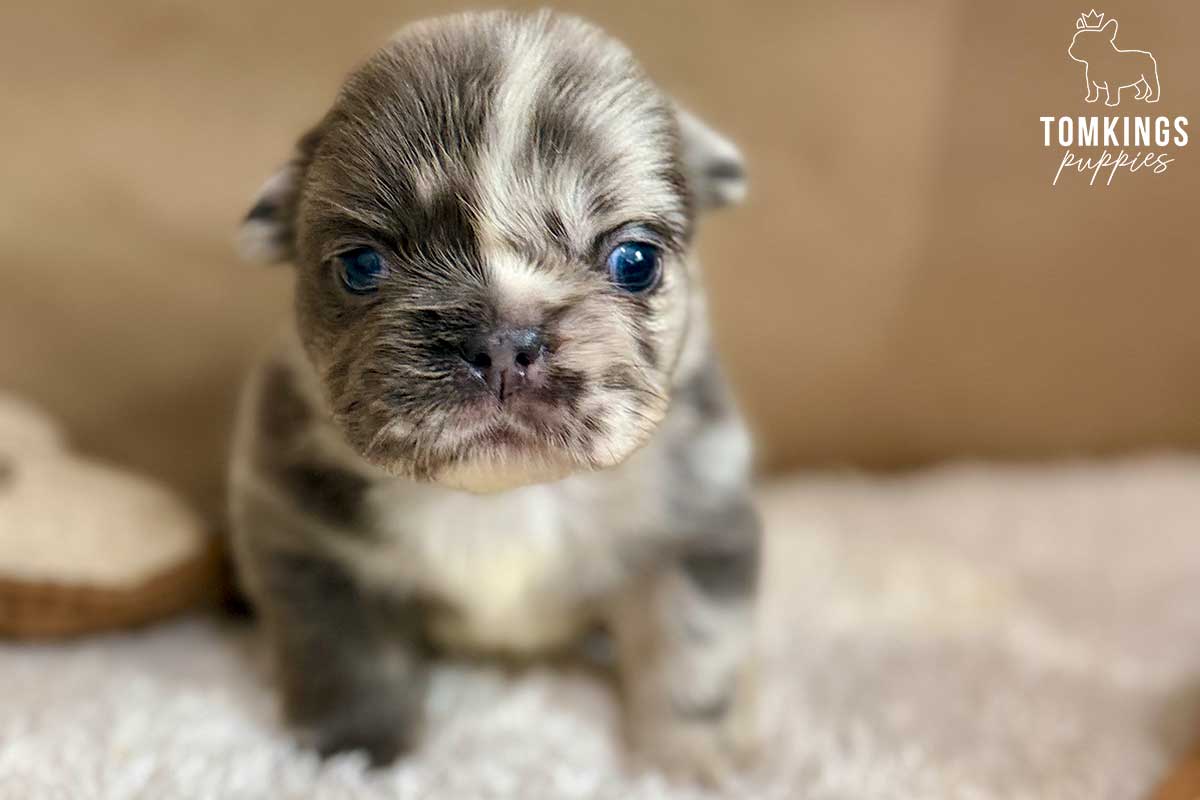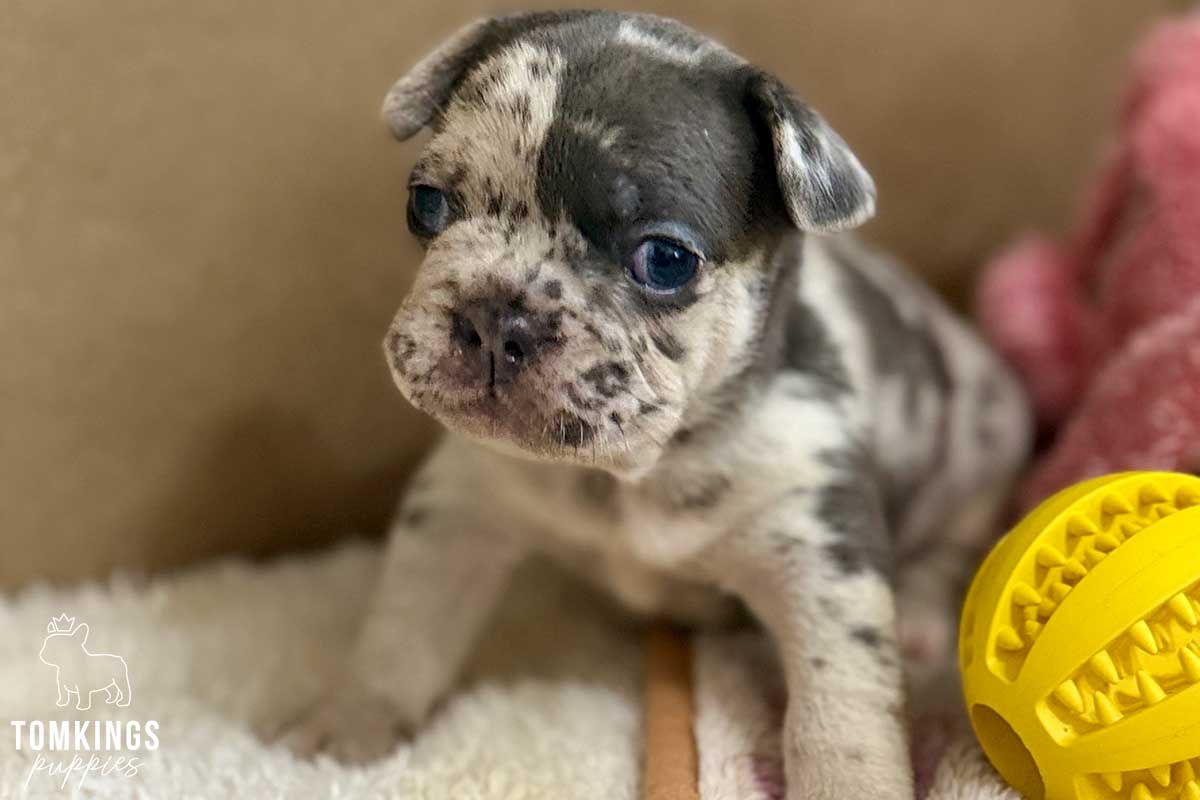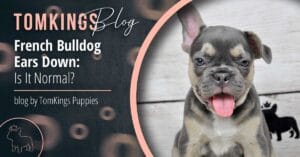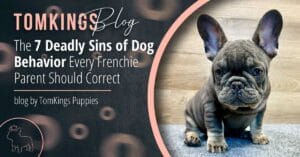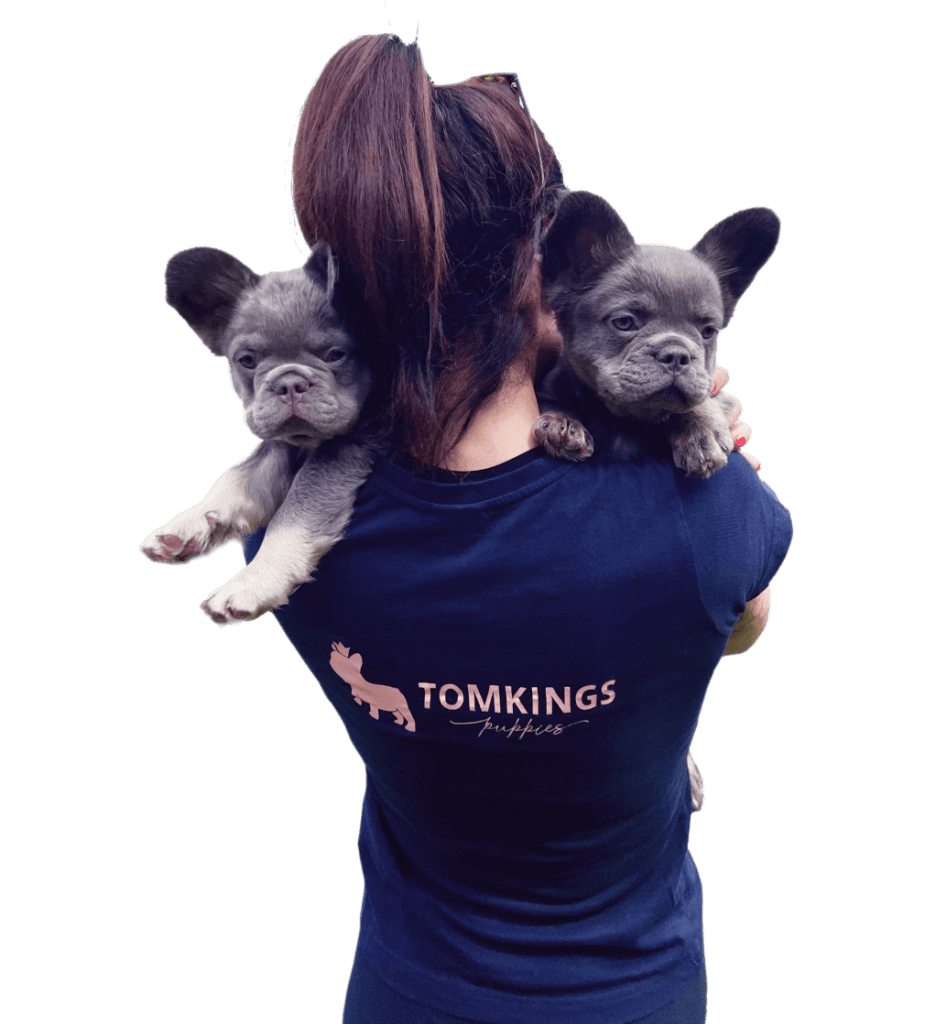In recent years, a unique and rather unconventional variation of the beloved French Bulldog has been gaining attention – the hairless French Bulldog. These dogs, as the name suggests, lack the typical furry coat, giving them a distinctive and eye-catching look. However, before you fall in love with the idea of a hairless canine companion, it’s crucial to consider some essential aspects. In this article, we delve into the origins, physical characteristics, potential health risks, and ethical concerns surrounding hairless French Bulldogs.
Table of Contents
ToggleThe Origins of Hairless French Bulldogs
The Hairless French Bulldog, a relatively recent addition to the canine world, is believed to have originated in China around 2020. The breed was designed to be hypoallergenic, offering a solution for individuals with dog hair allergies. The origin of these dogs is tied to a crossbreeding process involving the French Bulldog, the Pug, and the Chinese Crested Dog. This crossbreeding aimed to create a distinctive and hairless variation of the popular French Bulldog breed.
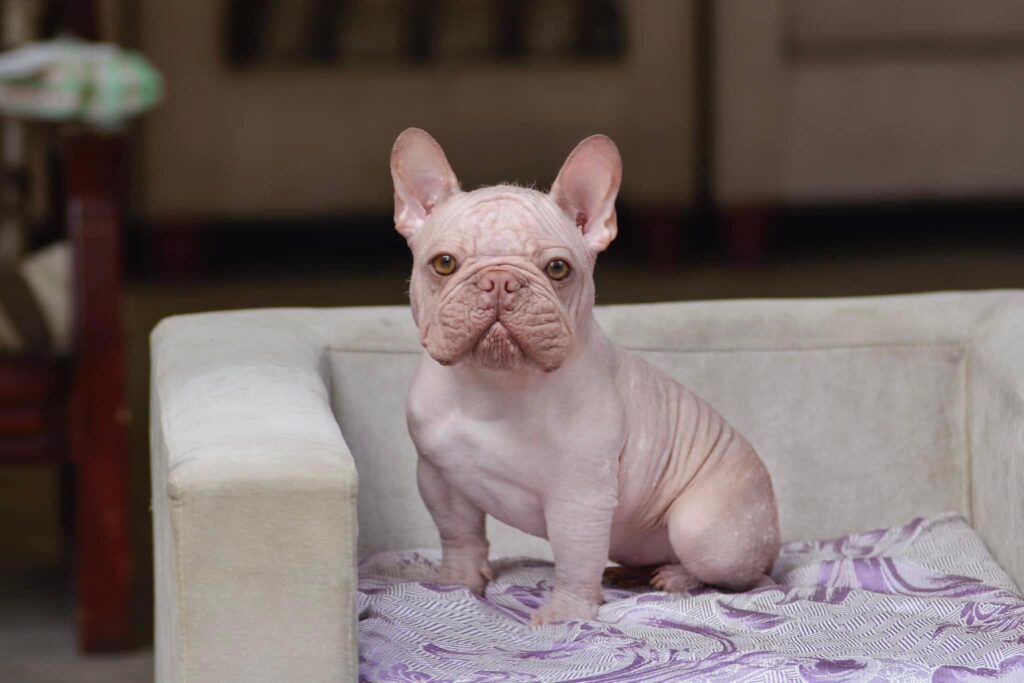

News about the first hairless Frenchie emerged in 2020, with reports suggesting that it all began when a man announced on Facebook the purchasing of the first “hairless hypoallergenic” French Bulldog, named Bonsai, having brought it to the U.S. all the way from China. Since then, hairless Frenchies made their way into countries like the UK and Canada as well.
Hairless French Bulldogs, as a result of their distinct and somewhat shocking appearance, have become a trend in the past few years, fueled by social media and the internet. At the same time, many have raised concerns about the potential health risks associated with the breeding and popularity of these dogs, which we’ll detail later on in the article.
Physical Characteristics
The hairless French Bulldog undoubtedly exhibits some unique physical characteristics that set it apart from its furry counterparts. These Frenchies lack the traditional fur coat found in standard French Bulldogs. However, the term “hairless” can be somewhat misleading, as some dogs within the breed may have patches of hair on the head, back or belly.
Surprisingly, hairless French Bulldogs also come in a range of colors like white and black, but can also be found rarer exotic colors like lilac and Isabella. As some potential owners may be captivated by the looks of hairless French Bulldogs and find them appealing, it is crucial to consider not only their physical characteristics but also the associated health risks.
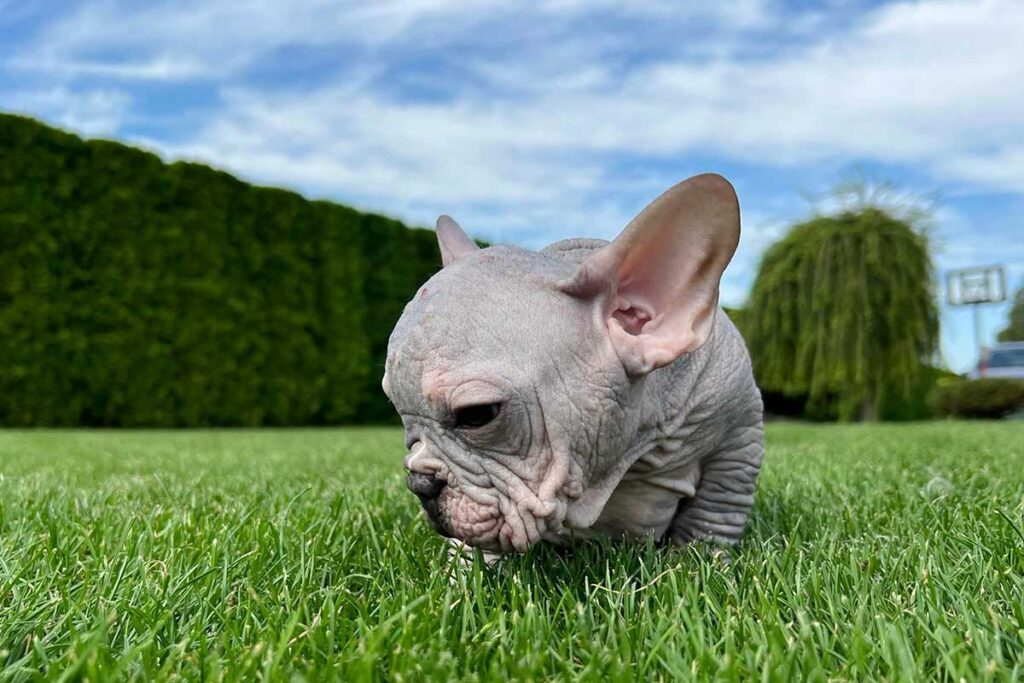

Health Risks of Hairless French Bulldogs
The hairless Frenchie, despite its popularity and unique appeal, carries some significant health concerns, mainly because the lack of fur on them exposes their skin to various environmental factors. Let’s see what some of these major concerns are.
Skin Disorders and Sunburn
The absence of a protective fur coat leaves the skin of hairless French Bulldogs vulnerable to various skin issues. They are prone to skin infections, bacterial, and yeast infections that typically initiate in skin folds. Additionally, the lack of hair exposes them to direct sunlight, increasing the risk of sunburn and, in the long term, potentially leading to skin cancer.
Difficulty in Temperature Regulation
Without the protection of a coat, hairless dogs also find it challenging to regulate their body temperature effectively. This vulnerability makes them more susceptible to environmental factors, especially extreme temperatures, potentially leading to heatstroke or hypothermia.


Subscribe to our weekly blog newsletter
Respiratory Challenges
Due to their short snout, French Bulldogs are already susceptible to breathing difficulties. This can make exercise strenuous for them in hot weather and puts them at a higher risk of overheating, leaving hairless Frenchies with more significant challenges.
It is crucial for potential owners to be well-informed about these health risks before deciding to adopt a Hairless French Bulldog, and only seek reputable breeders who adhere to ethical standards, conduct health screenings, and most of all prioritize the well-being of the animals over the profit.
Ethical Concerns on Extreme Breeding
Unsurprisingly, the breeding practices involved in creating hairless French Bulldogs have raised significant ethical concerns among veterinarians and animal welfare groups. The British Veterinary Association (BVA) has been vocal about the potential welfare issues associated with extreme breeding, emphasizing that the desire for unique or visually striking should not be prioritized over the well-being of the animals.
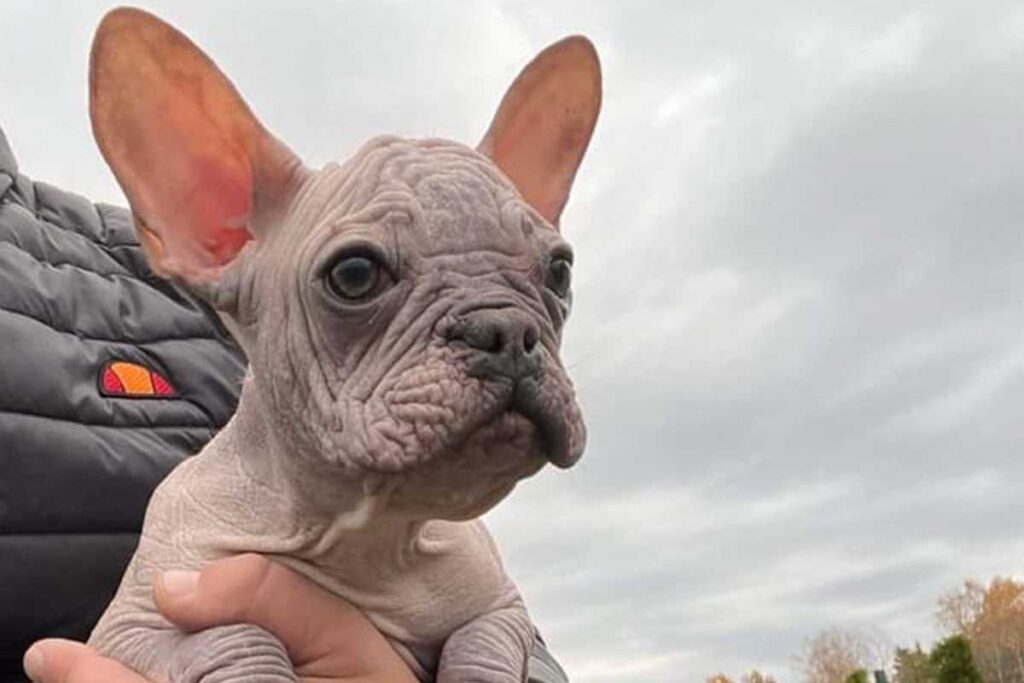

This concern goes beyond the immediate health risks faced by hairless French Bulldogs, as the breeding of such dogs may contribute to a decrease in genetic diversity. Unethical breeders, driven by the demand for unique dogs and the profit they bring, may engage in inbreeding to maintain specific traits, further aggravating the risk of inherited health issues in hairless Frenchies.
Puppy mills, where profit always comes before the health and well-being of dogs, contribute significantly to the ethical dilemmas surrounding extreme breeding. So, it’s crucial that all prospective owners make informed decisions, choosing responsible French Bulldog breeders who prioritize ethical practices and the well-being of the dogs they breed. In doing so, they not only contribute the health of their dogs, but the future of the French Bulldog breed as well.
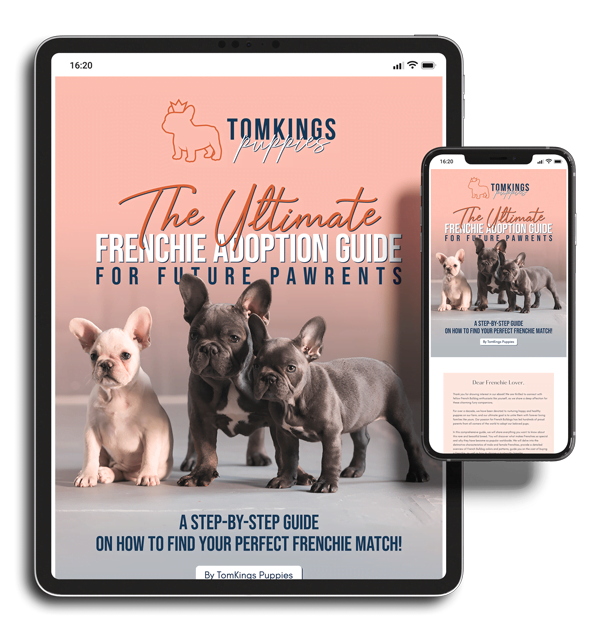

Ultimate Guide
to Adopting a Frenchie
Tips on Adopting a Healthy Frenchie Puppy
If you are considering the adoption of a hairless French Bulldog, it’s crucial to approach the decision with careful consideration of the breed’s distinctive needs and challenges. We at TomKings advocate for responsible pet ownership, so we encourage you to explore other unique variations of Frenchies, whose coats come in a wide range of beautiful colors and patterns.
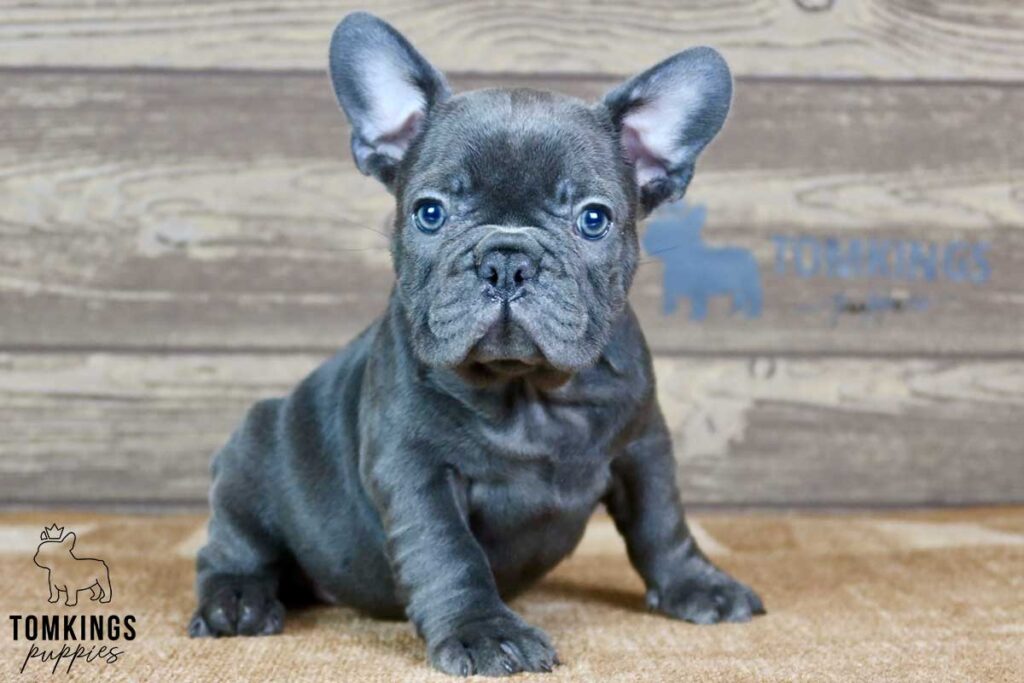

Like we’ve mentioned, choosing a responsible breeder is paramount, so here are some essential tips to guide you in ensuring the well-being of your future Frenchie companion. Read this article for a more advice on the topic.
Firstly, inquire about the health screenings and early environment of the puppies to shed light on the breeder’s commitment to the dogs’ health. In addition, observe their attitude towards the puppies. A responsible breeder should treat them as their children, knowing them by name and understanding their unique personalities.
Requesting a live video call to see the puppy in real-time is a reasonable expectation: this allows you to observe the puppy’s behavior and living conditions. You should also inquire whether the breeder provides post-adoption support. A responsible breeder should always offer assistance beyond the adoption process, showing their dedication to the ongoing well-being of the puppy.
Finally, it’s highly recommended to explore the experiences of other clients to gain insights into the breeder’s reputation. Genuine testimonials and references, especially from a real online community can often provide the most valuable information when looking for your new furry family member.
If you’d like to learn more about Frenchies, join our Facebook group called TomKings Frenchie Family to read our Frenchie parents’ experiences!
The article is based on the expert knowledge of the TomKings Puppies team who have been breeding French Bulldogs for 10 years on their farm. All the pictures in the post belong to them and their customers, and show puppies from their breed. Check their available French Bulldog puppies, or if you have any questions or comments let us know below the article.
Related Blogposts:
- 7+1 Reasons NOT to Get a Frenchie
- French Bulldog Breed Standard: 7 Traits That Make Frenchies Beautiful
- Chihuahua vs French Bulldog: Can We Help You Choose?
- Why Two French Bulldogs Are Better Than One: 7 Benefits You’ll Love
- The 5 Biggest Mistakes New Frenchie Parents Should Avoid
- 9 Dogs That Look Like French Bulldogs

